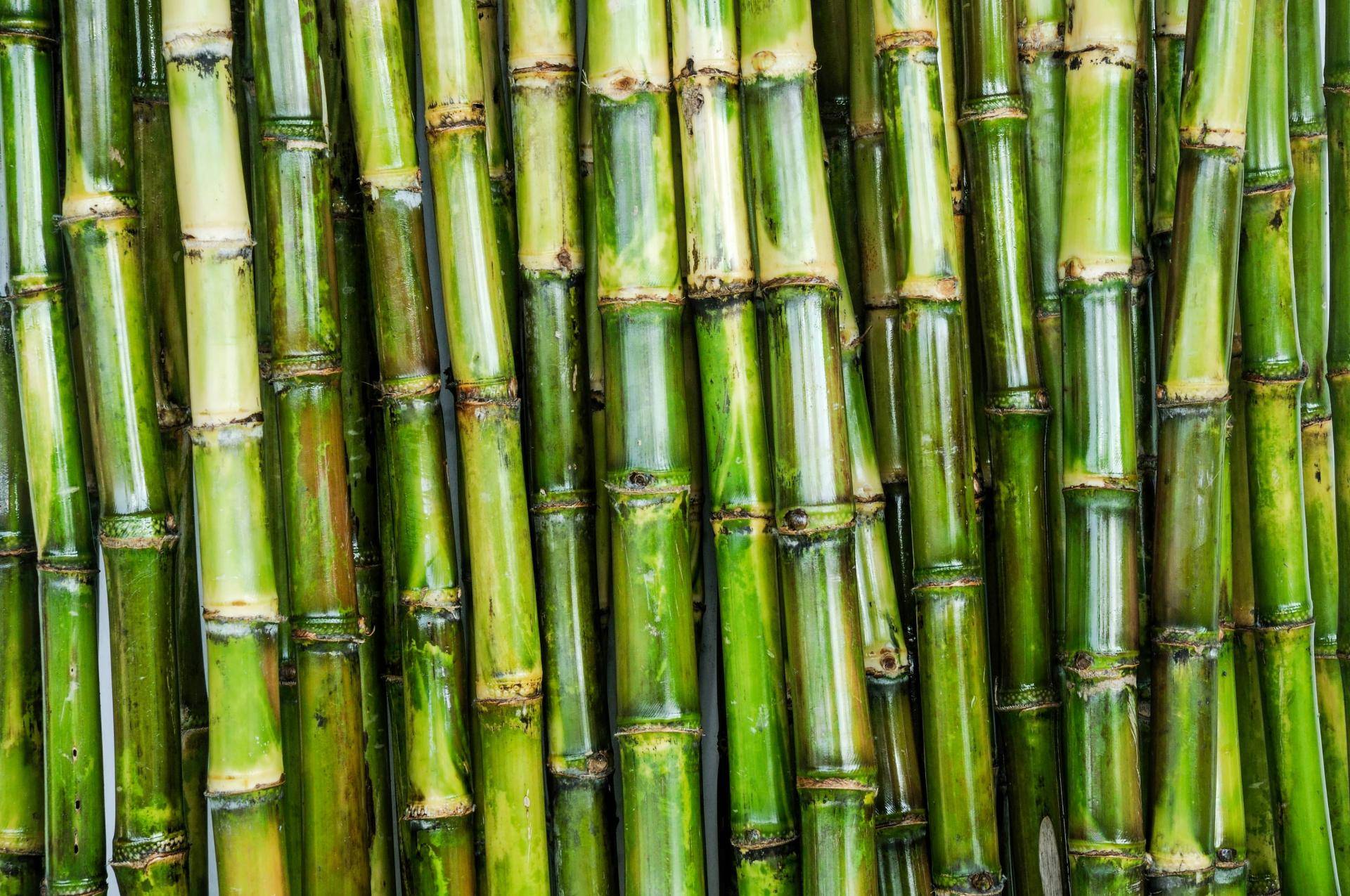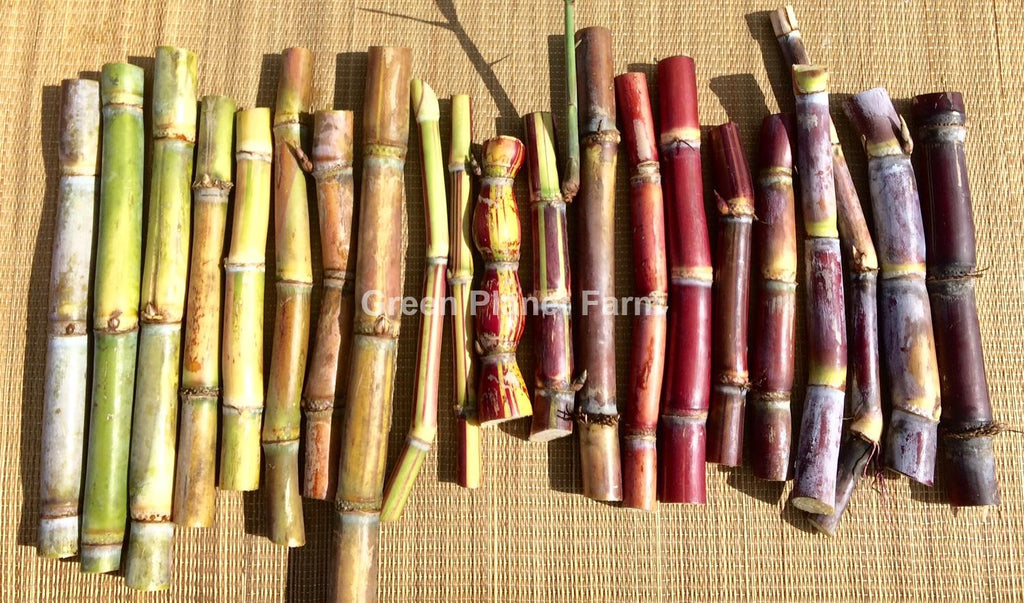From Field to Table: The Journey of Sugar and Cane
From Field to Table: The Journey of Sugar and Cane
Blog Article
Why Walking Cane Sugar Processing Chemicals Are Crucial for Modern Sugar Refining
The duty of walking cane sugar handling chemicals in modern sugar refining can not be overemphasized, as they are indispensable to enhancing both the effectiveness of extraction and the overall quality of the end product. Representatives such as phosphoric acid and details flocculants are used to remove contaminations, leading to sugar that not just fulfills consumer assumptions however additionally sticks to sector requirements. However, the ramifications of these chemicals prolong beyond top quality, discussing market characteristics and ecological factors to consider. This increases important concerns about the sustainability of such practices and their effect on the future of sugar manufacturing.
Role of Handling Chemicals
The efficiency of cane sugar handling pivots significantly on the calculated application of handling chemicals. These chemicals play a pivotal role in boosting the effectiveness and quality of sugar removal and refining. From the initial phases of juice removal to the last purification steps, handling chemicals promote different important procedures.
In the extraction stage, chemicals such as phosphoric acid and calcium hydroxide are used to optimize the explanation process, assisting to remove impurities and suspended solids from the walking stick juice. This not just enhances the yield however additionally guarantees the quality of the end product. Furthermore, representatives like flocculants aid in the quick settling of pollutants, consequently improving the general procedure.
As the processing breakthroughs, chemicals are used in decolorization and condensation stages. Activated carbon and ion exchange resins serve to remove shade and odor, ensuring that the polished sugar fulfills consumer high quality requirements. Inevitably, the function of handling chemicals expands beyond operational efficiency; they considerably affect the sensory characteristics of the final product, contributing to market competition. Thus, the thorough selection and application of these chemicals are crucial for attaining ideal results in walking stick sugar processing.
Secret Kinds Of Chemicals
Cane sugar handling relies upon a variety of essential chemicals that assist in each stage of production. These chemicals play necessary duties in making clear, whitening, and purifying the sugar extracted from cane.
One key category of chemicals includes flocculants, such as polyacrylamide, which help in the explanation process by advertising the gathering and settling of pollutants. In addition, calcium hydroxide is usually used to reduce the effects of level of acidity and help in the elimination of non-sugar components.
Lightening agents, such as activated carbon and sulfur dioxide, are made use of to decolorize the syrup, causing a clearer end product. These chemicals assist remove shade compounds that might affect the sugar's appearance and bankability.
Furthermore, phosphoric acid functions as a pH regulator throughout the processing stages, making certain optimum conditions for the chemical activities associated with sugar removal and filtration.
Various other crucial agents consist of edta (ethylenediaminetetraacetic acid), which chelates metal ions that can catalyze unfavorable responses, and salt hydroxide, which aids in pH control throughout the refining procedure. Jointly, these chemicals enhance effectiveness and guarantee a high-grade walking cane sugar product.
Benefits for Sugar Quality
Often overlooked, making use of specific processing chemicals substantially boosts the total top quality of cane sugar. These chemicals play an essential function in refining procedures, guaranteeing that the end product meets rigid industry criteria for pureness and taste.

Additionally, processing chemicals assist in accomplishing a regular granulation and texture, which are critical for consumer acceptance. By regulating the crystallization procedure, these chemicals make sure that the sugar crystals form uniformly, bring about a more appealing product that dissolves well in various applications.
Moreover, the usage of these chemicals can improve the service life of walking stick sugar by lessening moisture absorption and microbial development. In general, the calculated application of handling chemicals is crucial for supplying high-quality walking cane sugar that meets consumer assumptions and industry needs.
Ecological Effect Considerations

In addition, the energy-intensive nature of sugar refining, compounded by chemical use, commonly leads to raised carbon emissions. This adds to climate adjustment and elevates worries pertaining to the sustainability of current refining techniques. Furthermore, the sourcing of these chemicals may involve practices that threaten biodiversity, such as monoculture farming, which decreases the resilience of agricultural ecological communities.

To alleviate these influences, sugar refiners are progressively discovering lasting alternatives and embracing finest methods that reduce chemical usage. Carrying out strenuous environmental monitoring systems can assist ensure that the refining process straightens with ecological requirements and promotes biodiversity. Ultimately, a well balanced technique that prioritizes both sugar high quality and ecological stewardship is vital for the long-term practicality of the sugar sector.
Future Fads in Refining
As the sugar industry comes to grips with the ecological difficulties connected with conventional refining techniques, cutting-edge techniques are arising to enhance both effectiveness and sites sustainability. One significant fad is the adoption of green chemistry principles, which prioritize using safe, eco-friendly processing chemicals. This change not just lessens ecological influence yet additionally addresses customer need for cleaner manufacturing methods.
Another appealing advancement is the execution of innovative filtering innovations, such as membrane layer separation and adsorption processes. These strategies boost the quality and quality of the sugar while reducing the quantity of wastewater created throughout refining. Furthermore, the integration of digital modern technologies, consisting of IoT and AI, is changing operational effectiveness by making it possible for real-time monitoring and predictive maintenance, thus reducing source waste.
Furthermore, the usage of by-products from sugar refining, such as bagasse and molasses, is getting grip. These products can be transformed right into biofuels or value-added items, adding to a round economy within the sector. Collectively, these patterns signal a change in the direction of even more lasting techniques that not only enhance operational effectiveness however additionally Click Here align with global sustainability objectives, making certain the future viability of sugar refining.
Final Thought
Walking cane sugar processing chemicals are important in modern-day sugar refining, considerably boosting the effectiveness and top quality of sugar extraction. The tactical use these chemicals not only enhances the purity and taste of the end product however additionally ensures consistent condensation and texture. As the sector significantly focuses on sustainability, the adoption of environmentally-friendly handling representatives is likely to form future fads in refining, eventually causing higher quality items and extended life span for consumers.

Ultimately, a balanced technique that prioritizes both sugar quality and ecological stewardship is crucial for the long-lasting viability of the sugar industry.
Walking cane sugar handling chemicals are essential in contemporary sugar refining, considerably improving the performance and high quality of sugar extraction.
Report this page